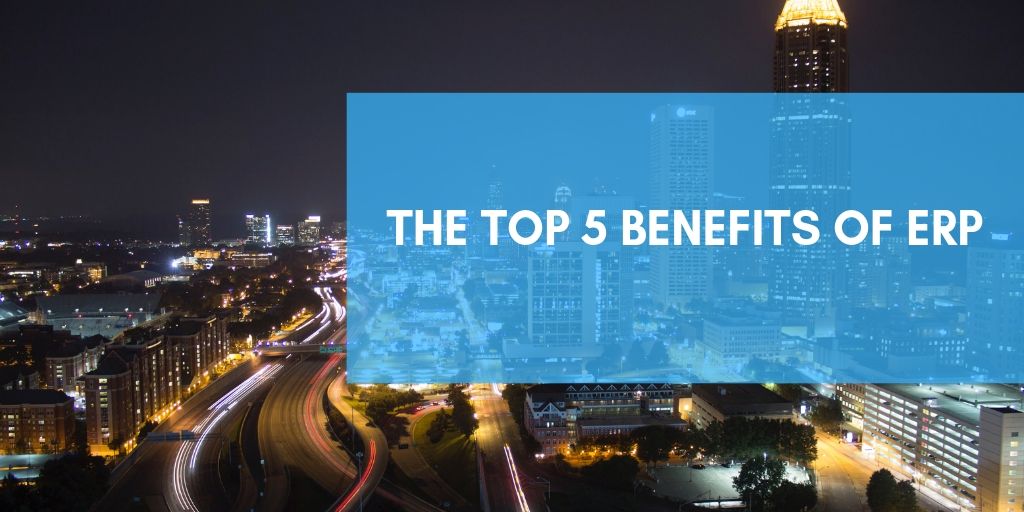Last Modified: February 2nd, 2022
2 min read

An Enterprise Resource Planning (ERP) System is an investment for small, medium, and large businesses. Although the cost of implementation of ERP systems is always high, the advantages and benefits of ERP systems outweigh the cost in the long term.
ERP systems help businesses grow by automating important business processes increasing efficiency and decreasing cost. Through automation, businesses are able to focus on their core service offerings, development of their products or growth.
1. Consolidated and Unified IT
ERP systems allow businesses to utilize a single system that integrates business processes from different departments into one unified system. These means that businesses no longer need to have separate software for HR, Accounting, Finance, Production, and other business departments. An ERP system also helps reduce IT-related costs by unifying all the IT requirements of the business into one system.
2. Business Intelligence and Reporting
ERP systems help improve visibility, accuracy, and precision of business data and intelligence. The unified reporting process of ERP systems helps centralize data into one omnichannel database that can easily be accessed by multiple departments. The system provides concise reports and analytics that help businesses prepare, plan, and make well-informed decisions based on sound data and information.
3. Improve Efficiency and Collaboration
ERP system provides a single source of truth for the different departments of the business. Having a single database for all the data and information of the business allows different departments to quickly pull and use the data. The system also improves inter-department collaboration through a unified omnichannel flow of data in which data is easily shared and updated in real time.
4. Better Business Relationships with Clients and Business Partners
ERP system provides a single source of truth for the different departments of the business. Having a single database for all the data and information of the business allows different departments to quickly pull and use the data. The system also improves inter-department collaboration through a unified omnichannel flow of data in which data is easily shared and updated in real time.
5. Security, Compliance and Risk Management
ERP system helps business secure critical data and information from security risk and improve compliance on industry best-practices. Having a single unified software like an ERP system is significantly easy to secure compared to having multiple business software for each department or business unit.
Serge is a Managing Partner and the head of sales and business development.
Published on: June 10, 2019
